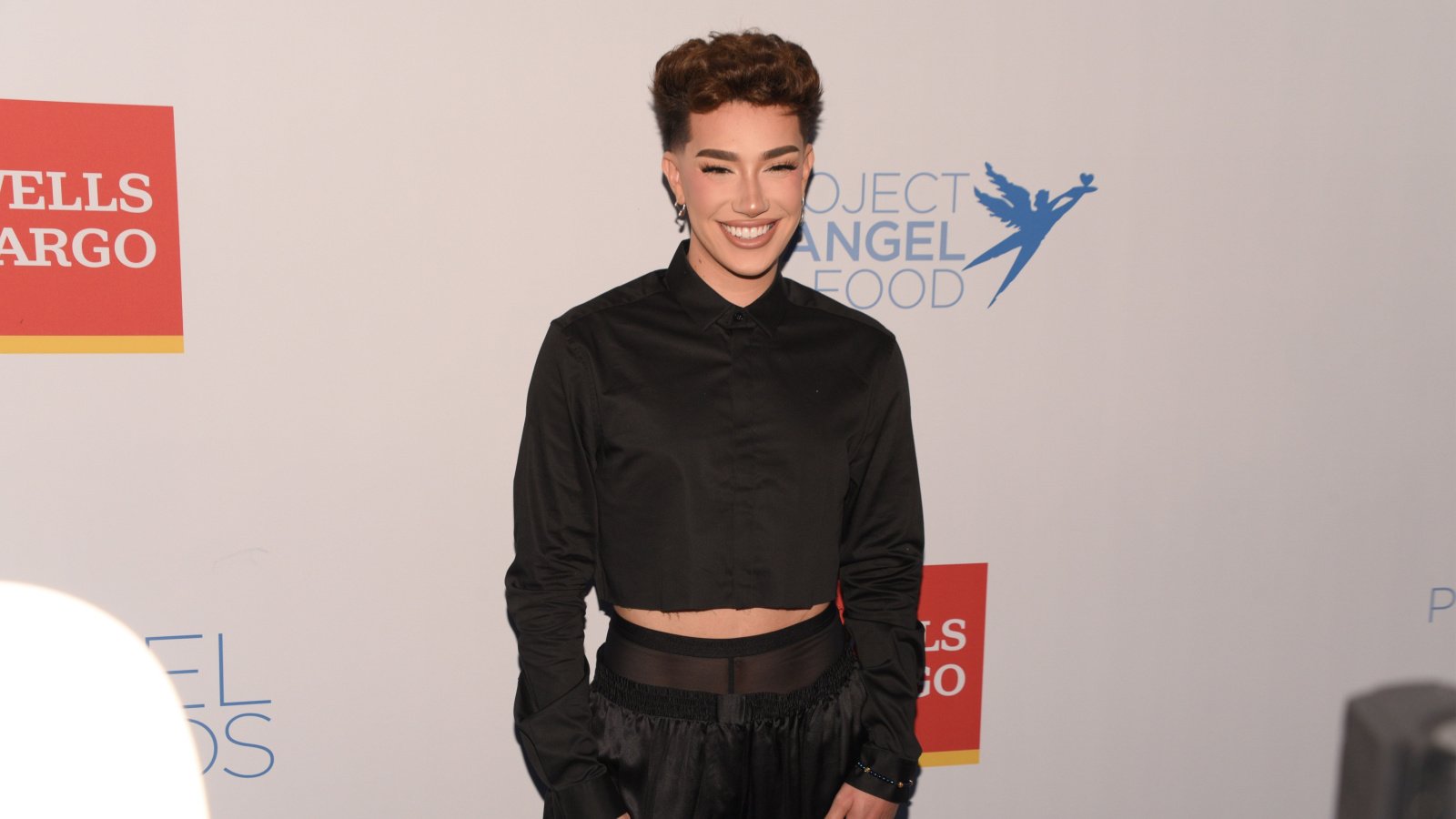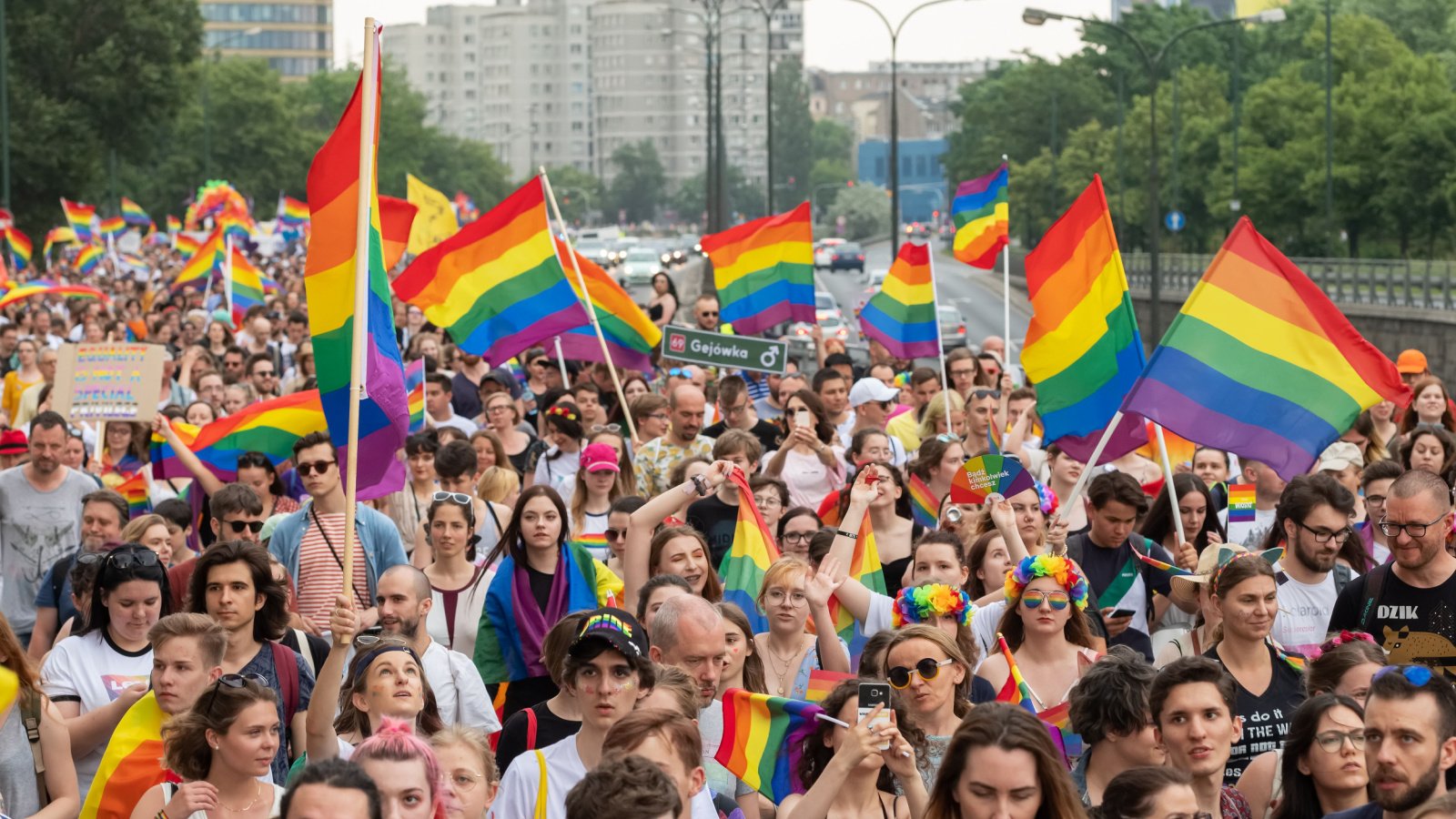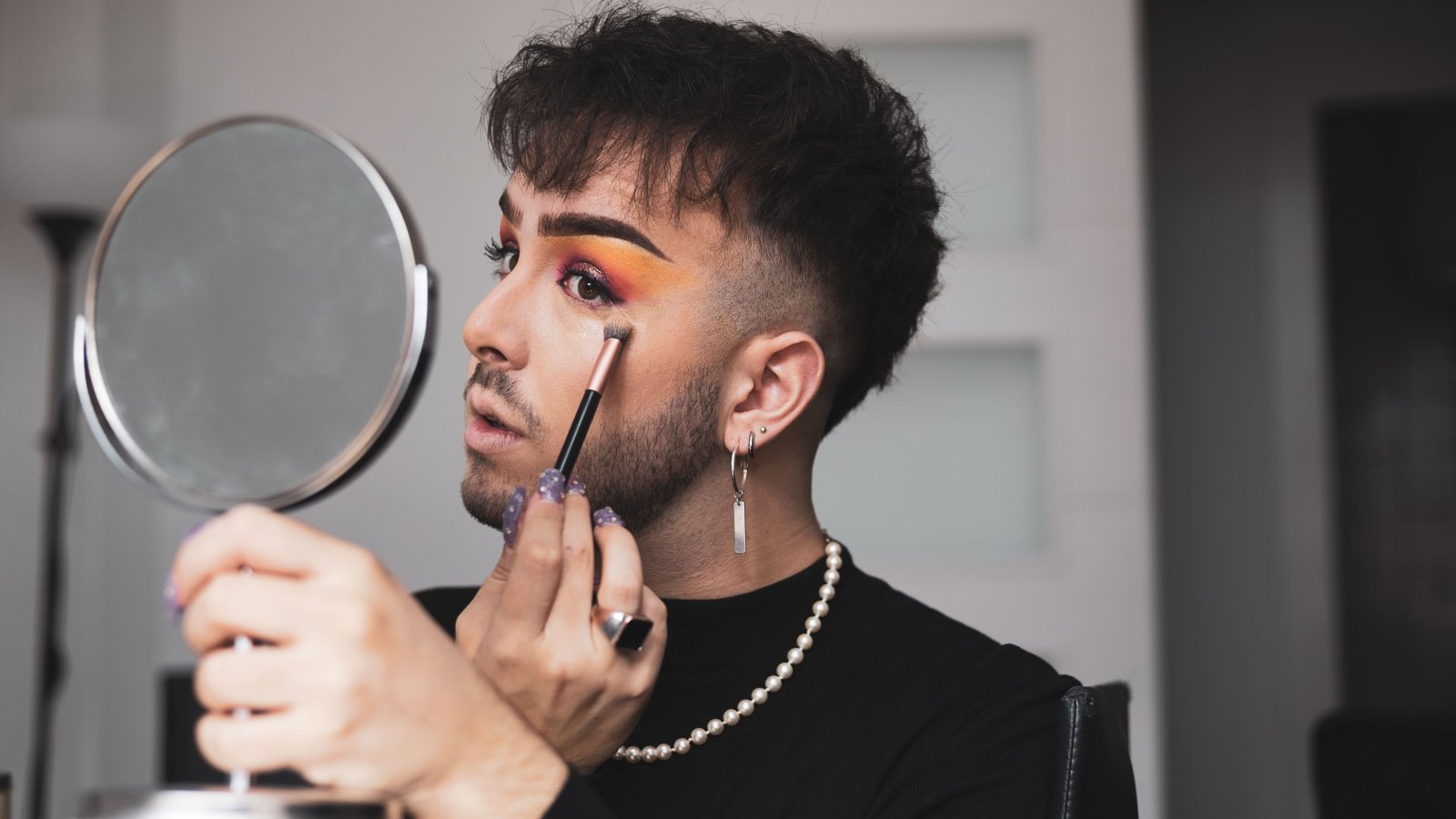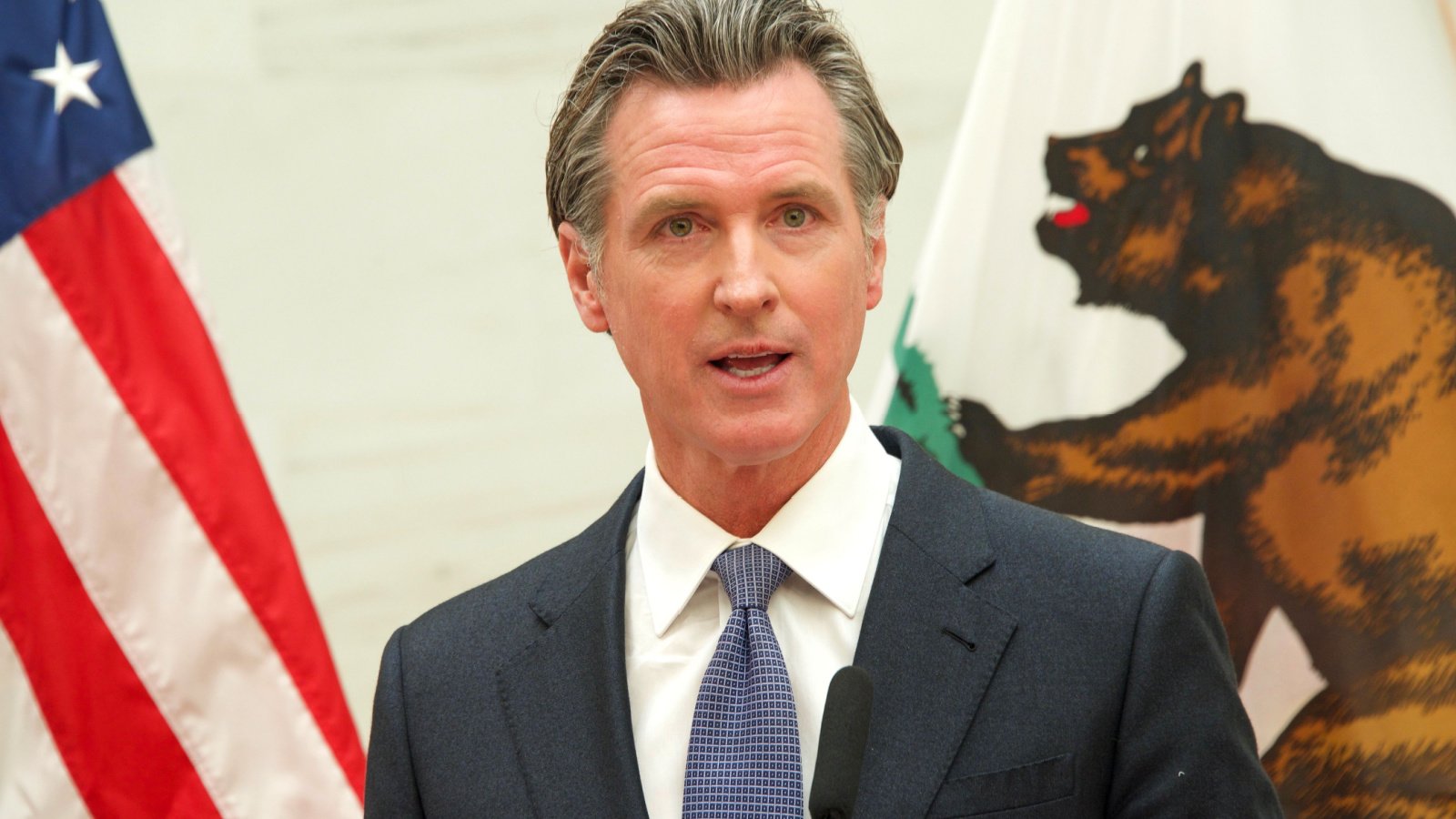Gen Z is revolutionizing the workforce with an unprecedented number of LGBTQ+ individuals openly embracing their identities. As they take their places in companies, they’re not just employees but trailblazers for inclusivity and equity. This surge promises to transform workplace culture, fostering innovation and a healthier, more supportive environment.
Gen Z Defies Traditional Social Trends

Gen Z has consistently set itself apart by defying traditional social norms, often charting its own course. One of the most notable aspects of this generation is their unique approach to sexuality.
A Shift in Sexual Identity

Nearly 30 percent of Gen Z identifies as LGBTQ+, a stark contrast to the mere 4 percent of Baby Boomers. Even compared to millennials, who identify as LGBTQ+ 16 percent of the time, Gen Z shows a significant increase in sexual fluidity.
Exploring the Reasons

What drives this younger generation, ranging from ages 12 to 27, to embrace diverse sexual identities? Experts suggest that the answer lies in their upbringing and the evolving cultural landscape.
The Influence of Role Models

Gen Z is more likely to identify as LGBTQ+ because they see others living authentically and have visible queer role models. This visibility encourages them to embrace and express their true selves.
Evolving Cultural Norms

The changing cultural norms and values around gender and sexuality provide Gen Z with supportive peer groups and increased mental health awareness. This supportive environment allows for greater exploration and understanding of their identities.
The Impact of Activism

Decades of activism from feminists, LGBTQ, and transgender advocates have paved the way for today’s youth to live beyond conventional gender and sexuality expectations. This persistent effort has created a culture that values individual authenticity and courage.
Changing Parental Approaches

Parents today are raising their children with more openness and support for diverse identities, unlike the stricter norms of the 1960s to 1980s. Human rights legislation and better educational practices have also contributed to creating a more inclusive environment for all students.
Gen Z’s Impact on the Future Workplace

As Gen Z increasingly identifies as LGBTQ+, significant changes in the workplace and broader society are anticipated. By 2030, Gen Z is expected to comprise a third of the workforce, prompting companies to align with their inclusivity and equity expectations.
Boosting Inclusivity and Mental Health

This generational shift may enhance mental health awareness and reduce discrimination, improving overall well-being. In the workplace, increased LGBTQ+ representation fosters more inclusive environments, driving innovation, creativity, and employee satisfaction.
The Power of Visible Role Models

A study by myGwork revealed that 80 percent of Gen Z would avoid companies retracting LGBTQ+ support, while visible LGBTQ+ role models in senior positions would attract them to accept job offers. This highlights the importance of genuine allyship and representation in the workplace.
Embracing Unique Skills and Perspectives

Companies must recognize and embrace the unique skills, perspectives, and expectations of this tech-savvy, socially conscious generation. For Gen Z, authentic workplace allyship is essential, with actions speaking louder than symbolic gestures.
Challenges and Support for LGBTQ Gen Z-ers

While LGBTQ+ Gen Z-ers still face challenges, societal support is growing both in-person and online. This support network ensures that when difficulties arise, individuals are not struggling alone, making identity acceptance a more integral part of society.









Casinoonline.de ist Teil der #1 Online Casino Authority®, dem weltweit größten Casino-Affiliate-Netzwerk.
Zusätzlich haben Sie die Möglichkeit, alle anderen Top Bally
Wulff Spiele und viele andere gute Spielautomaten, zum Beispiel von Merkur oder Novoline, gratis und
ohne Anmeldung zu zocken. Scrollen Sie einfach hier auf dieser Seite
weiter nach oben und zocken Sie das Automatenspiel direkt in Ihrem
Browser. Außerdem werden die Top Casinos online von unabhängigen Organisationen zum Spielerschutz regelmäßig
auf die Fairness ihrer Slot Machines und klassischen Casino Spiele
überprüft.
Drei Bücher lösen 10 Freispiele aus, in denen du einfach weiter gewinnen und mit weiteren Büchern auch
erneut Free Spins freischalten kannst. Los geht es schon mit 5
Cent pro Dreh, wenn du nur die Hälfte der Gewinnlinien spielen möchtest.
Besonders interessant wird es bei Freispielen des Bally Wulff Spiels.
Hier bei uns können Sie Books & Bulls kostenlos ohne Anmeldung spielen. Während der Book Freispiele haben Sie die Möglichkeit mit dem Torero
als Hauptgewinnsymbol bis zu 7.500 Euro mit nur einem Walzendreh zu gewinnen.
Als Mitglied des Raging Bull Online Casinos erhalten Sie einige Boni.
Wenn Sie nach einem Raging Bull Casino no deposit bonus
suchen, werden Sie es höchstwahrscheinlich hier
finden. Einige unserer Links auf Gameoasis.de sind Affiliate-Links, für die wir eine Provision erhalten können, sollten sich Kunden über einen unserer Links bei einem Partner-Casino registrieren.
References:
https://online-spielhallen.de/kings-casino-aktionscode-dein-schlussel-zu-exklusiven-vorteilen/
Once logged in, you can manage your account, deposit AUD, claim bonuses, and start playing or betting instantly.
What sets Leon apart in the competitive Australian market is its
generous welcome package, allowing new players to claim up to A$4,500 across their first three
deposits. It’s worth noting that our review found the live
chat to be slow in response and lacking in-depth
knowledge. The FAQ section provides helpful answers to common queries and is a valuable resource for
players. When it comes to withdrawals, bank transfers and cryptocurrencies are the available options.
Leon Casino accommodates both fiat and cryptocurrency deposits, providing players with flexibility.
Players benefit from secure transactions, instant notifications about promotions, and convenient account management features.
The Leon Casino app is available for both Android and iOS devices, offering a quick and
straightforward download process. Leon Casino supports a wide variety of both fiat and cryptocurrencies for deposits and withdrawals.
From time to time, Leon Casino offers up to 100 free spins on selected slots as part of ongoing promotions.
This bonus is available with a minimum deposit of A$10 and has a 30x wagering requirement.
A minimum deposit of A$20 is required for each stage, and bonuses come with a 35x wagering requirement to be completed within 30 days.
Join the Youporn community, make some like-minded porn loving friends and start
building up your own personal collection of your
favorite sex scenes so you can come back and watch them at any time.
Check out the hottest HD porntube online and start enjoying unlimited high quality porno movies
free of charge. We even have an entire section of porn for women for all the ladies out there who like their
sex a bit more erotic. Our collection of hardcore sex videos is top notch, so whatever your kink of choice is,
you will find your favorite pornstars and their XXX scenes with ease.
For better browsing experience, select
References:
https://blackcoin.co/online-gambling-in-australia-a-comprehensive-overview/
casino online paypal
References:
gtth.ghurkitrust.org.pk
casino online uk paypal
References:
vieclam.kr